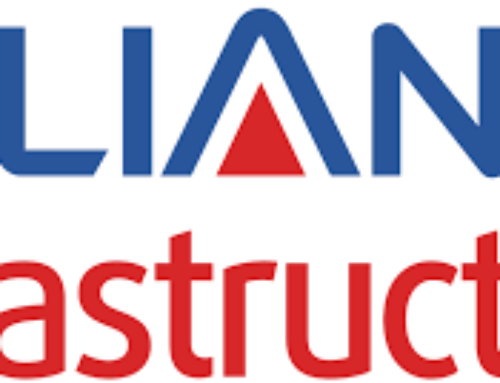Industry Profile: India has a diversified financial sector undergoing rapid expansion in terms of strong growth of existing financial services firms and new entities entering the market. The sector comprises commercial banks, insurance companies, non-banking financial companies, co-operatives, pension funds, mutual funds, and other smaller financial entities. In addition, the banking regulator has allowed new entities such as payments banks to be created recently, thereby adding to the types of entities operating in the sector. However, the financial sector in India is predominantly a banking sector, with commercial banks accounting for more than 64 percent of the total assets held by the financial system. The Government and Reserve Bank of India (RBI) have taken various measures to facilitate easy access to finance for Micro, Small, and Medium Enterprises (MSMEs). These measures include launching the Credit Guarantee Fund Scheme for Micro and Small Enterprises, issuing banks’’ collateral requirements guidelines, and setting up a Micro Units Development and Refinance Agency (MUDRA). With a combined push by both government and private sector, India is undoubtedly one of the world’s most vibrant capital markets.
Driven by strong participation from retail investors and the creation of awareness by the Securities and Exchange Board of India (SEBI), equity mutual funds driven by strong participation from retail investors and the result of understanding by the Securities and Exchange Board of India (SEBI), equity mutual funds witnessed large inflows which were kept in the banking system before 2017. As a result, the revenues of the brokerage industry in India are estimated to grow by 15-20 percent to reach Rs 18,000-19,000 crore (US$ 2.80-2.96 billion) in FY2017-18, backed by healthy volumes and a rise in the share of the cash segment.
The Indian life insurance industry has begun to recover and is likely to report 12-15 percent growth in FY 2016-17.
In 2016, 2.4 million new Demat accounts were opened by Indians, the highest number of account openings since 2008, led by a higher number of initial public offerings (IPOs) and greater interest in mutual fund investments. SBI, the second-largest issuer of credit cards in India, has reported the issuance of 115,000 new cards in December 2016, post demonetization, taking its total card issuance to 4.75 million.
Company Profile: If you are going to call it Brokerage, remember that 85% of its EPS comes from its subsidiaries doing business other than Brokerage. The list of their subsidiaries as follows: ECL capital, Edelweiss Tokio Life, Edelweiss housing Finance, Edelweiss equities, Edelweiss Asset Management, Edelweiss Finance and Investment, Edelweiss Commodities services, Edelweiss General Insurance, Edelweiss capital market, EFSL Comtrade, EC Commodities, Edel Land limited, Edelweiss Global Wealth management, Edel investments, Edelweiss Investment Advisors, edelweiss financial services, Edelweiss capital Singapore, EC Global, EC international, Edelweiss insurance broker limited, Edelweiss trustee service limited, Edelweiss Alternative Asset Advisor, Edelweiss securities, Edelcap Securities and Transaction Services Private Limited. Even from the name of the subsidiaries, it is clear that the company is a diversified business.
Shareholding pattern: BSE Data
Financials and Ratios : [table id=142 /]
Future prospectus: As per Gopal Kavalireddi’s view,
“It is one of the rare stocks in a commoditized business (Credit, Broking, Insurance) which has been showing tremendous growth in profits on a continuous basis. As long as any business keeps showing such results quarter after quarter, it will continue to remain as a cherished investment in the investor’s portfolio.”
I completely agree with him. His words are perfect for explaining this stock. I only want to add one thing: Is The ARC ( distress assets business) a crown jewel for the company. Many brokerages are doing many other industries, but this is something unique. JM Finance has an Investment bank, but there are Axis Bank, Yes Bank, and Kotak bank. Banking expert stocks are also there, and there are mutual funds also. Even you have a pure insurance business also. But I can’t see one ARC. Though I am not holding this in the portfolio, There are some attachments for these stocks.




